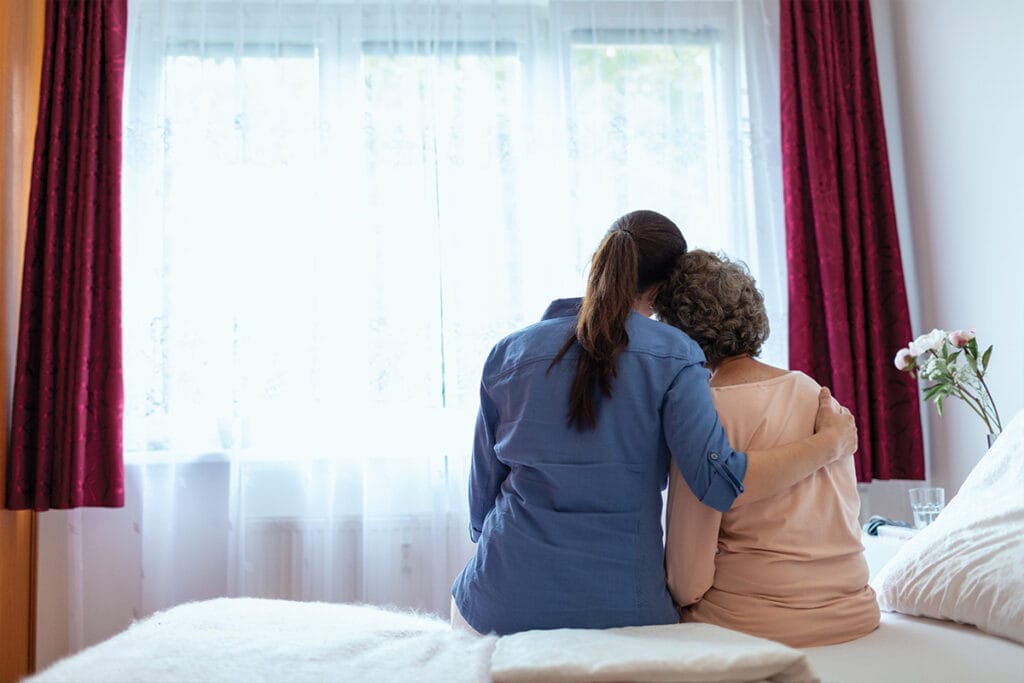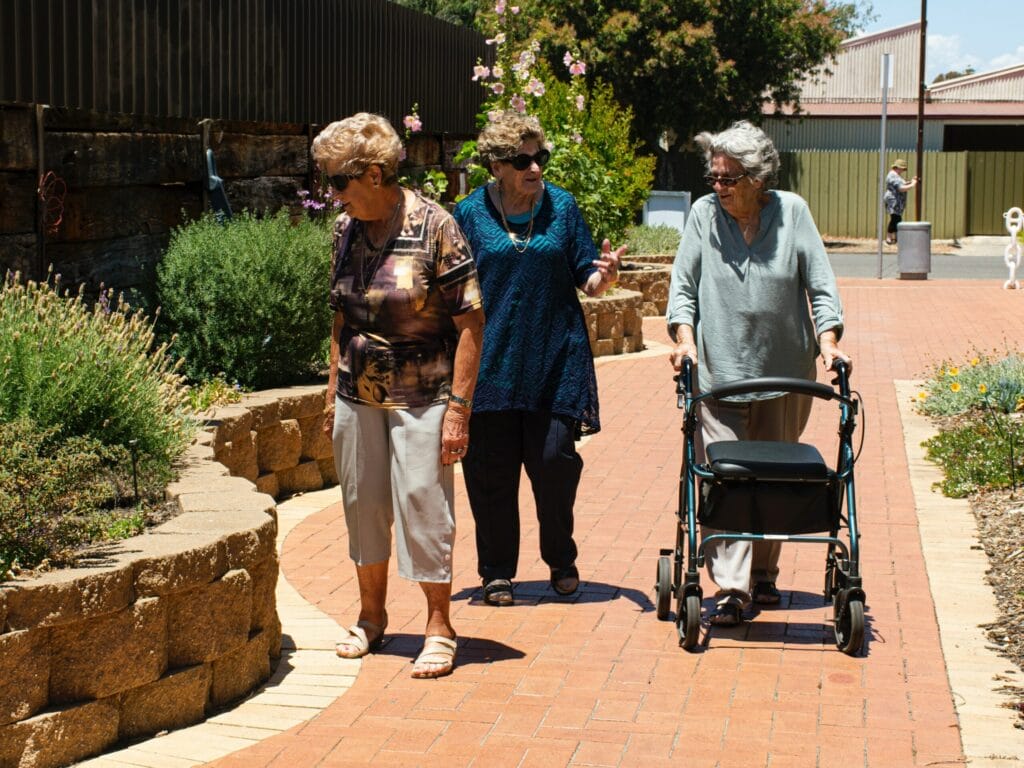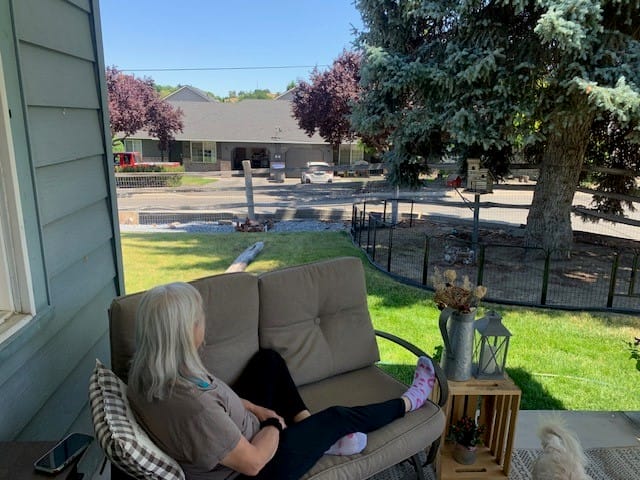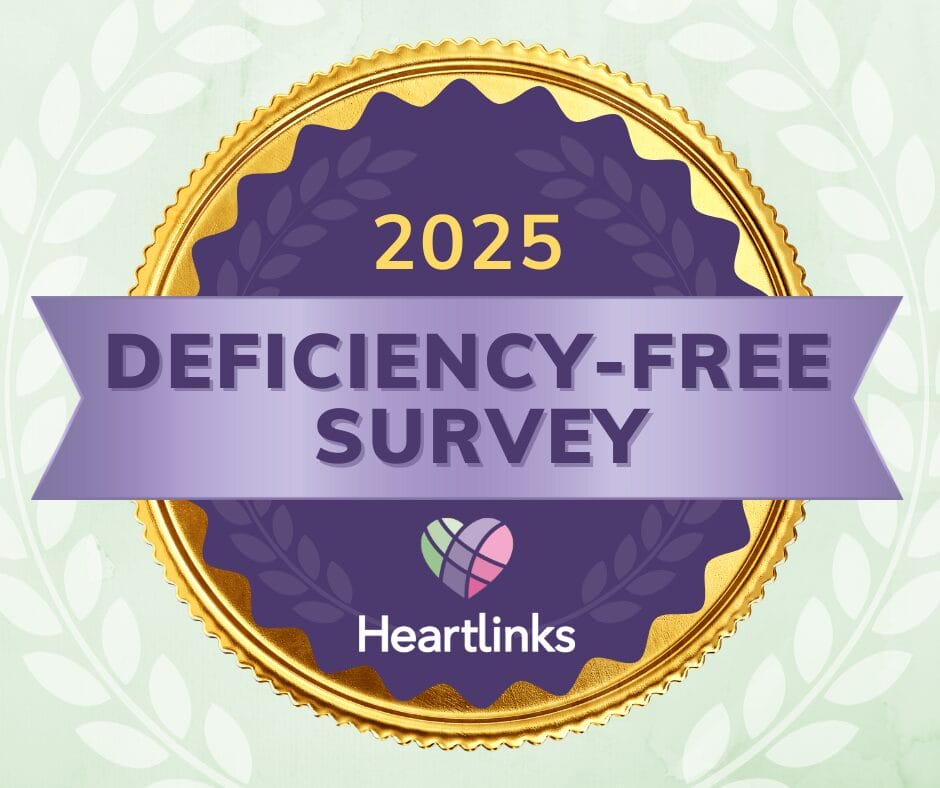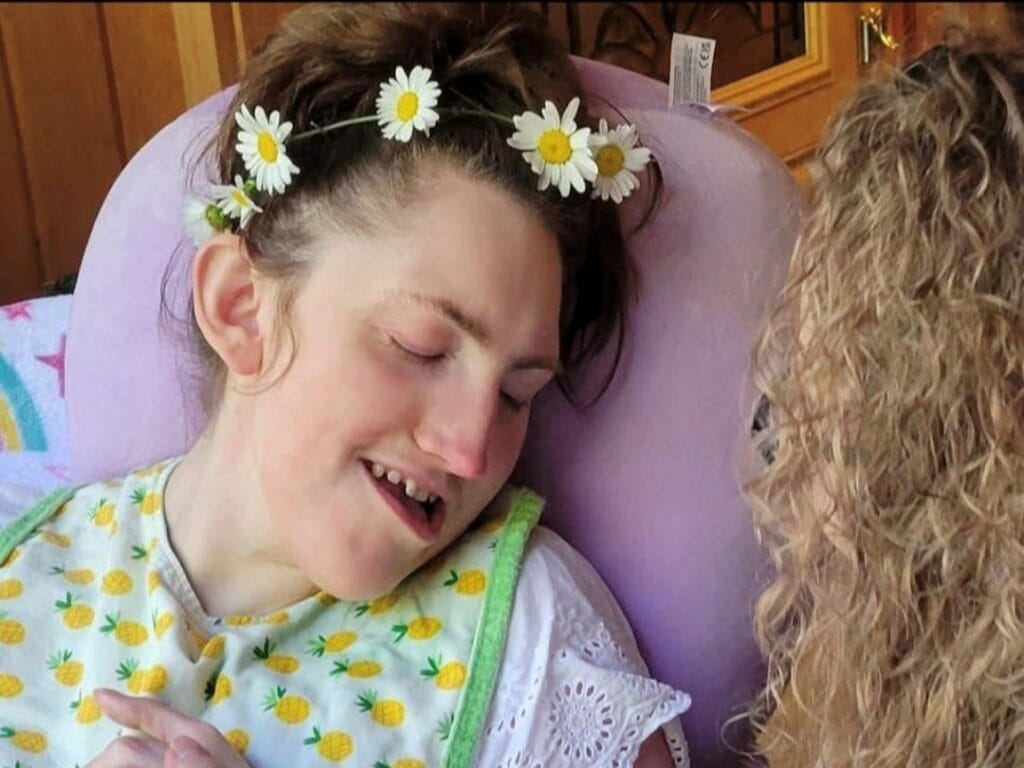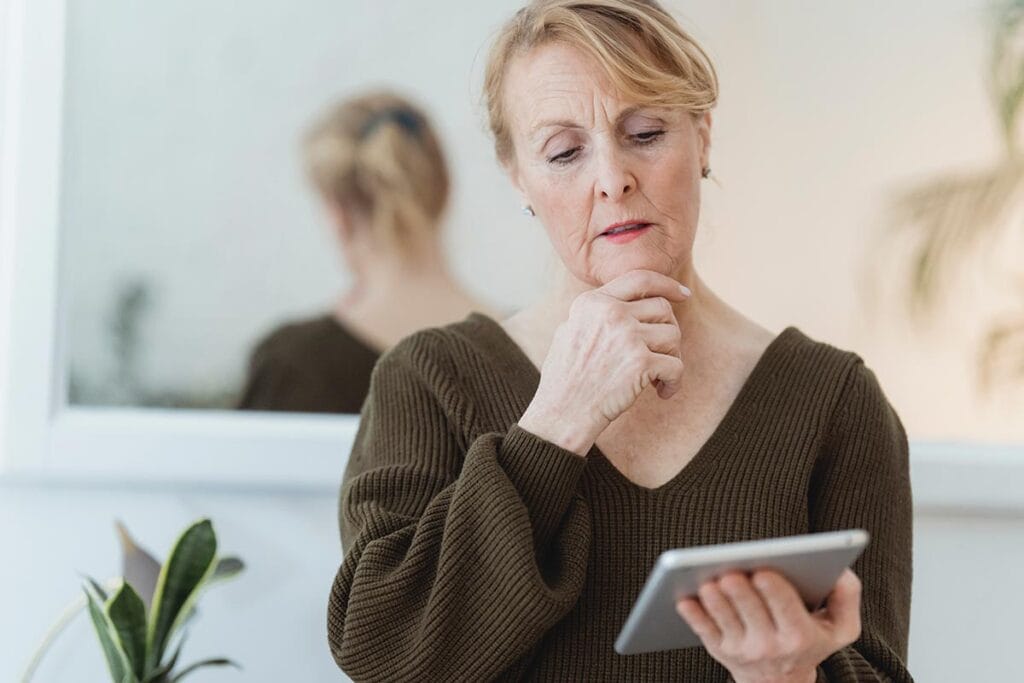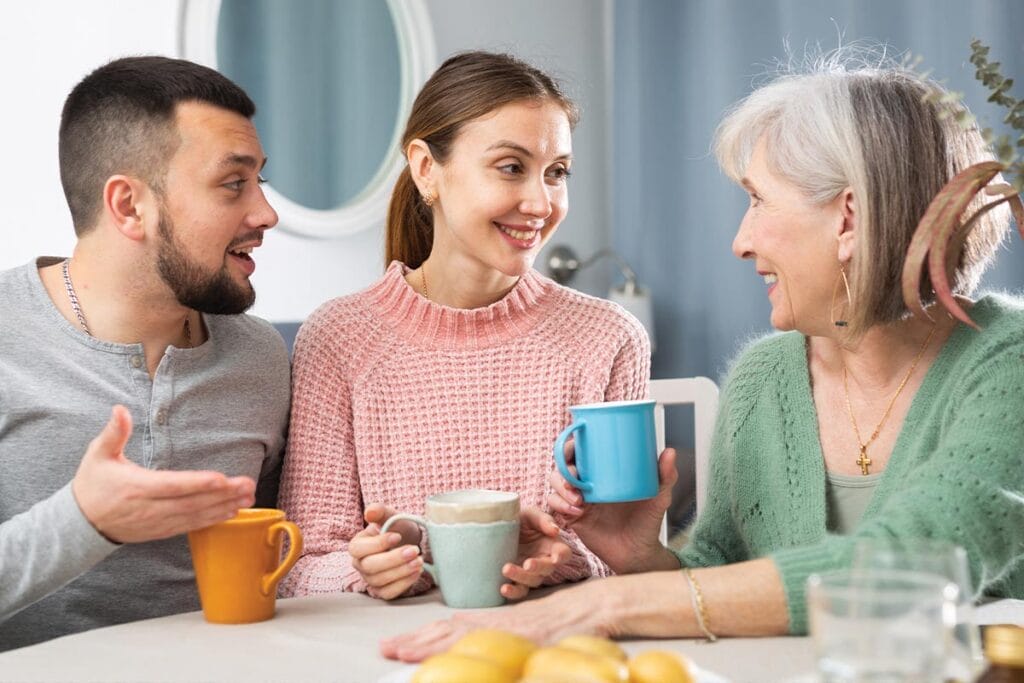Are Grief Support Groups Helpful? Understanding the Benefits of Sharing Your Grief
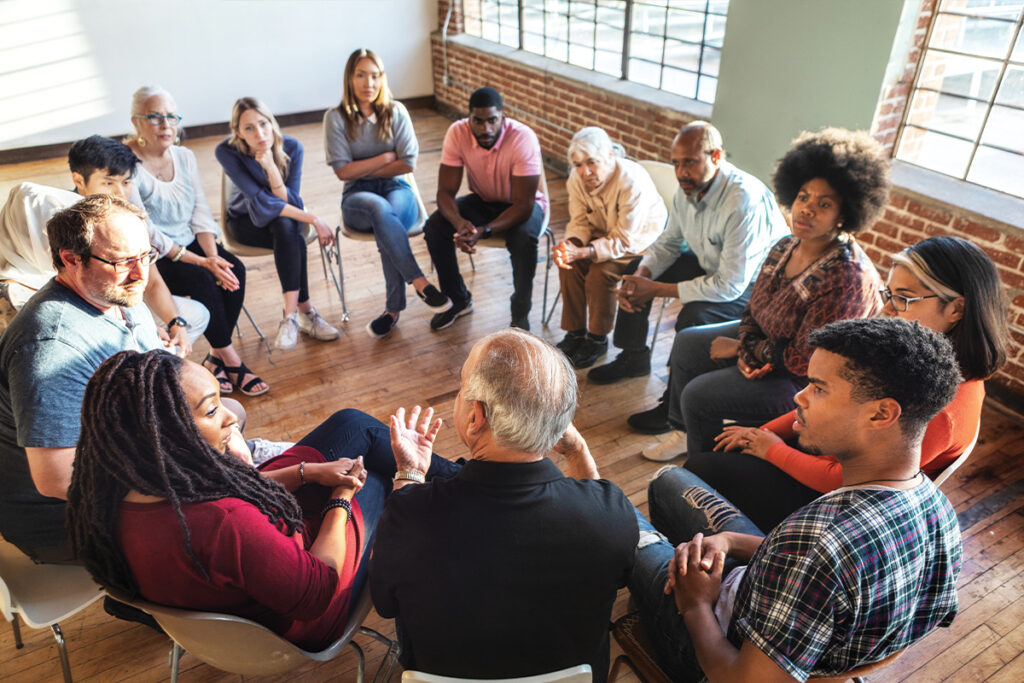
Grief is a deeply personal journey, and no two people experience it the same way. If you or someone you love is grieving, you may wonder whether talking to others who are also grieving can really help. At Heartlinks, we’ve seen firsthand how compassionate connection in a supportive setting can ease the burden of grief. But are grief support groups truly helpful?
What Is a Grief Support Group?
A grief support group is a safe, confidential space where people who have experienced loss come together to share their feelings, listen to others, and learn from one another. These groups are led by trained facilitators—not therapists—who guide the conversation, offer grief education, and foster a welcoming environment where each person is free to participate as much or as little as they’d like.
Support groups provide an opportunity to express emotions without judgment, learn helpful coping strategies, and feel understood in the presence of others who are also grieving. Topics and experiences discussed in the group stay within the group, creating a space that’s built on trust and emotional safety.
While not a substitute for therapy, grief groups can be a powerful complement. The goal isn’t to “fix” anyone but to support each person as they process loss in their own time and way.
How Grief Support Groups Help – The Healing Power of Shared Grief
Attending a grief support group can offer several benefits, especially during a time when society may expect you to “move on” before you’re ready. Here are a few ways these groups can help:
- Validation: You’re not alone in your experience. Others understand the depth and complexity of your grief.
- Community: Groups provide a unique space to be with people who truly listen without judgment or pressure.
- Coping Tools: Learn strategies to manage emotions, find meaning, and adjust to your new normal.
- Connection: Many participants form lasting friendships, offering support beyond the group setting.
- Safety: You’re free to talk, sit in silence, or simply listen—whatever feels right to you in the moment.
In a world that often avoids hard conversations, it can be a huge relief to talk with others who genuinely understand what you’re going through.
What You Might Not Know About Grief Support Groups
Many people hesitate to join a grief group due to misunderstandings. Let’s address a few:
“It’s just like therapy.”
While therapeutic in nature, support groups are not a replacement for professional counseling. They’re peer-based and centered around shared experience, not diagnosis or treatment.
“You’ll be expected to share everything.”
You are welcome to speak but never required to. Listening is just as valuable as talking.
“Grief has an expiration date.”
There’s no timeline for grief. As Joan Souders, Heartlinks’ grief support specialist, wisely notes, “Grief doesn’t go away—it evolves.” Whether your loss was recent or years ago, support is still available.
“I should be strong enough to get through this on my own.”
Grief is not a weakness—and neither is asking for support. Strength can look like allowing yourself to be vulnerable, reaching out, and accepting help. Support groups are a healthy, compassionate resource, not a sign that you’re not coping well.
“It’s too late for me to join now.”
Whether your loss was recent or occurred years ago, it’s never too late to seek support. Grief doesn’t have an expiration date, and you don’t need to justify your timeline to find healing.
Real-Life Connection: How One Men’s Group Grew from Grief
One of the most powerful outcomes of grief support is the organic connection that forms between participants—sometimes in ways no one expects. In one Heartlinks group, a handful of men bonded over their shared experiences and began meeting for lunch once a month outside of the formal sessions.
These informal gatherings have become a priceless part of their healing. They know they’re in a safe place, where they can speak openly or simply sit in quiet understanding. Whether they’re talking about their grief, a new hobby, or just enjoying each other’s company, these moments matter.
Sometimes it’s not a whole group, but two or three individuals who connect on a deeper level. Even a brief, supportive conversation can offer new perspective. Over time, regular attendees often become trusted companions to newcomers—offering wisdom, encouragement, and reassurance that they, too, will find their way.
This kind of connection doesn’t always happen instantly, but it’s one of the many ways support groups help people feel less alone and more understood.
When and Where Are Heartlinks Grief Support Groups Held?
Heartlinks offers several free, monthly grief support groups throughout Southeast Washington. All groups are facilitated by Certified Grief Educator Joan Souders and are open to the public. Check our Grief Support Calendar for the most up-to-date schedule.
Grandview
3rd Tuesdays, 10:15 – 11:15 a.m.
Grandview Senior Center, 812 Wallace Way
Optional lunch follows at 11:30 a.m. | Transportation may be available through People For People
Learn more >
Prosser
2nd & 4th Tuesdays, 1 – 2 p.m.
Prosser Community Center, 1231 Dudley Ave.
Sunnyside
1st Tuesdays, 10 – 11 a.m.
Sunnyside Senior Citizen Center, 1400 Federal Way
3rd Tuesdays, 4 – 5 p.m.
Sunnyside Assisted Living, 907 Ida Belle St.
Yakima
2nd Thursdays, 4 – 5 p.m.
Fieldstone Memory Care, 4120 Englewood Ave.
Tri-Cities (Richland)
2nd Tuesdays, 10 – 11:30 a.m.
Bonaventure Senior Living, 1800 Bellerive Dr.
4th Tuesdays, 10:30 – 11:30 a.m.
Walking Group at Howard Amon Park (April – Sept) or Richland Community Center (Oct – March), 500 Amon Park Dr.
You can also explore more about our services and approach to bereavement care on our Grief Support page or find helpful grief resources here.
Who Leads the Grief Support Groups at Heartlinks?

Joan Sounders, CGE
Joan has facilitated Heartlinks’ support groups since 2016 and brings more than four decades of public service and ministry experience. As a Certified Grief Educator, ordained minister, and grieving daughter, wife and sister, Joan creates an empathetic, understanding space for all who attend.
Is a Grief Support Group Right for You?
If you’re wondering whether a support group could help, we invite you to attend once—just to see. You don’t need to speak. You don’t need to know anyone. You don’t need to RSVP. You don’t even need to be sure you’re ready. You just need to show up.
Grief may never fully go away, but it does change—and with support, you can move forward with peace, connection, and hope.
If you have questions about our grief support groups, or just want to talk to someone, Heartlinks is here with open ears. Our grief support team is available Monday – Friday from 8 a.m. to 4:30 p.m. Call us at 509-837-1676.



